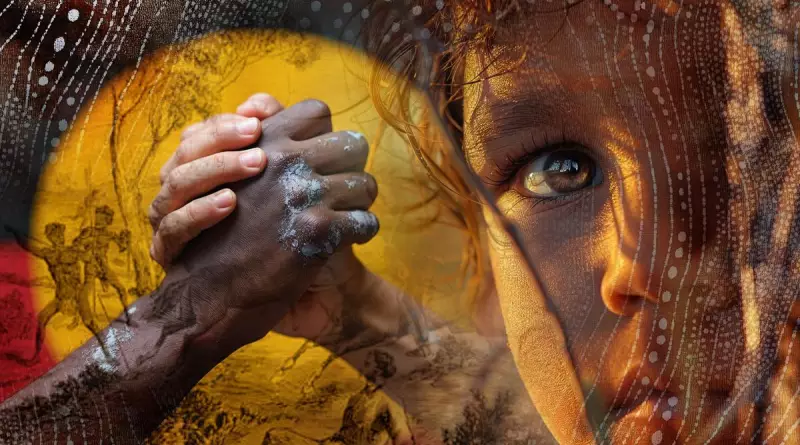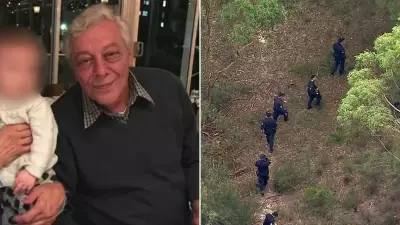
Two Australian authors are making waves with their bold rejection of what they term the reconciliation 'guilt trip,' arguing that true progress requires moving beyond performative gestures and manufactured remorse.
The Uncomfortable Truth About Reconciliation Conversations
Debra Zanella and Jody Nunn, co-authors of an influential new work, have positioned themselves at the centre of a national conversation about how Australians approach reconciliation. Their perspective challenges what they see as a counterproductive focus on guilt in discussions about Indigenous affairs.
The authors contend that framing reconciliation around white guilt creates a defensive atmosphere that hinders genuine progress. Instead of fostering understanding, they argue, this approach often leads to resentment and disengagement from the very people who need to be part of the solution.
A New Framework for Meaningful Dialogue
Zanella and Nunn propose an alternative approach centered on practical understanding and collaborative action. Their work emphasizes building relationships based on mutual respect rather than transactions fueled by guilt.
'When we make people feel guilty, we trigger their defense mechanisms,' the authors explain in their analysis. 'This creates barriers to the open-hearted listening and learning that authentic reconciliation requires.'
Their methodology focuses on several key principles that distinguish their approach from what they criticize as superficial reconciliation efforts:
- Emphasizing education and understanding over performative apologies
- Building sustainable relationships between Indigenous and non-Indigenous Australians
- Creating spaces for honest dialogue without predetermined emotional responses
- Focusing on practical outcomes rather than symbolic gestures
The Impact on Australia's Reconciliation Journey
The timing of this perspective is particularly significant as Australia continues to grapple with its relationship with First Nations peoples. The authors' work comes during ongoing national discussions about constitutional recognition and treaty processes.
Zanella and Nunn's analysis suggests that reconciliation built on guilt is inherently fragile, susceptible to backlash when the initial emotional intensity fades. They advocate for a more resilient foundation based on shared understanding and common goals.
Their work has generated both support and criticism, reflecting the complex nature of reconciliation discussions in contemporary Australia. Supporters appreciate the fresh perspective, while some critics worry it might undermine important conversations about historical responsibility.
What remains clear is that Zanella and Nunn have ignited a necessary conversation about how Australians talk about reconciliation. Their challenge to conventional approaches forces a re-examination of whether current methods are producing the meaningful, lasting change that both Indigenous and non-Indigenous Australians deserve.
As the national dialogue continues to evolve, their work provides a provocative framework for considering how Australia might move beyond divisive narratives toward a more unified future.






